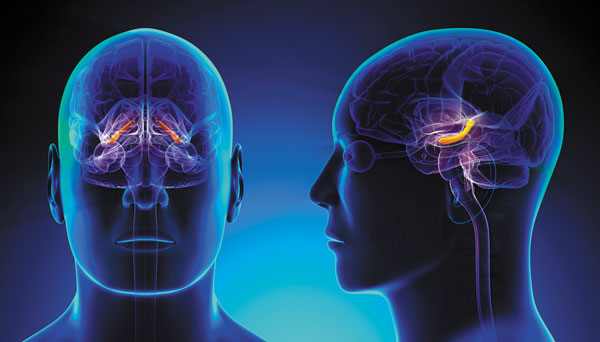
This article discusses how brain cells in Alzheimer's are weighed heavily with stress and changes. These changes result in the cells becoming less specialized. It has been observed that these changes in the brain cells look like that of cancer cells. With this research, 13 patients' skin cells were collected with sporadic, age-related Alzheimer's, 3 people with the more rare, inherited disease form, and 19 people who were the control, didn't have Alzheimer's. They then used fibroblasts to generate induced neurons and compared the differences molecularly in the cells between those who did and didn't have Alzheimer's. Observed was that the induced neurons made from those with Alzheimer's had characteristics distinctly different from those who had healthy cells.
It was interesting reading about how brain cells in Alzheimer's is similar to that of cancer cells. This article was very insightful. Alzheimer's is such a sad condition to see someone go through, but one that is interesting to read up on.
This was an interesting read. Alzheimer's is such a complex and heart-breaking disease that I hope we can find a cure for one day. It can truly be a sad experience to watch a loved one suffer from this, and feel so powerless in your ability to help them. I think studies like this that improve our understanding of the disease can be really helpful for treating it effectively one day.
ReplyDeleteThis hit close to home. During my senior year my grandfather had a tough fight with Alzheimers and it was very sad to watch. I actually ended up being placed in his unit to volunteer on accident and let me say it affects everyone differently. I hope that we can find a cure that actually works. That would be incredible.
ReplyDeleteReally interesting blog post, Alzheimer's is a beyond tragic disease and the powerlessness it can make one feel is beyond traumatic. I hope with these studies a cure can eventually be found and we can work against this sad disease!
ReplyDelete